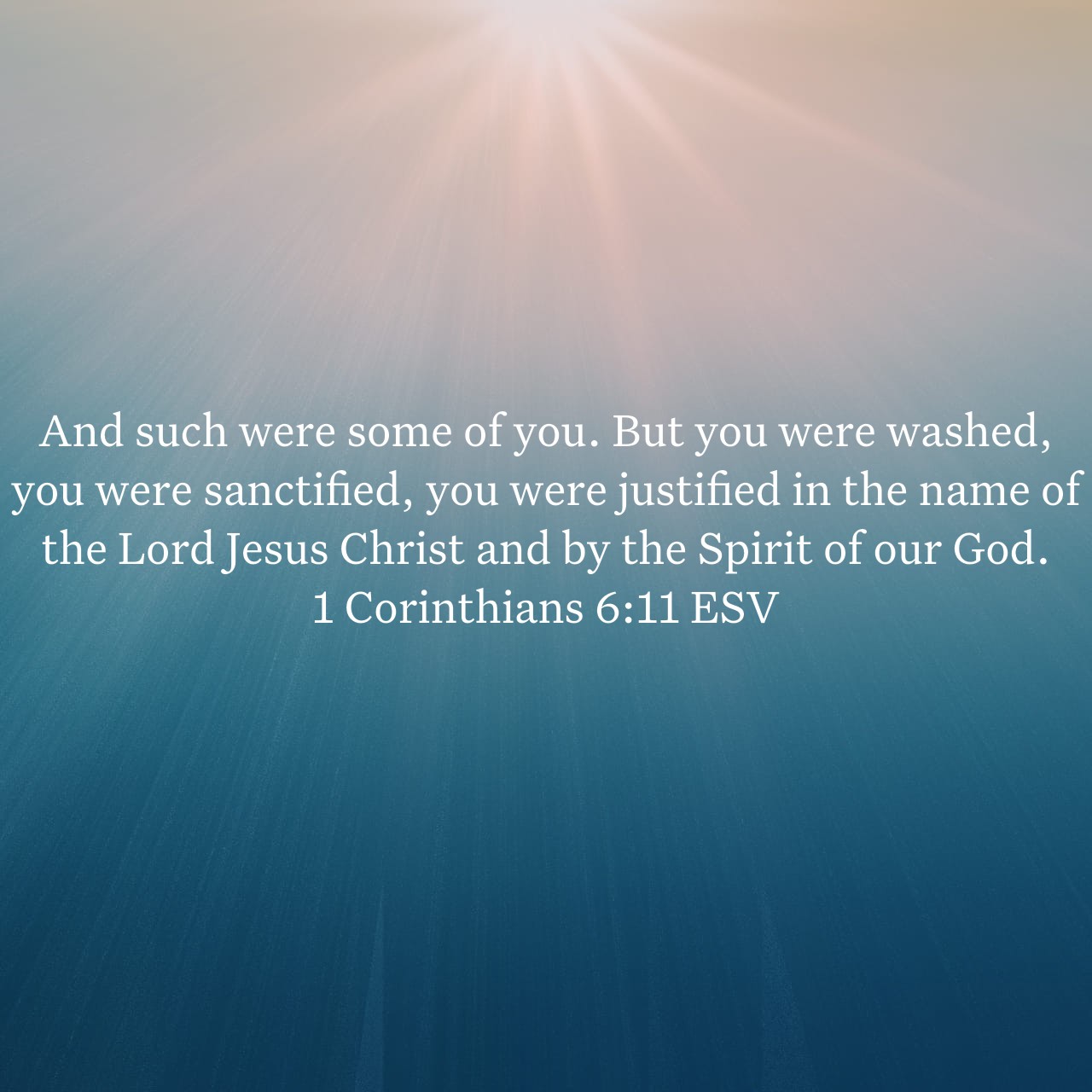Devotional 10 November 2025

Paul reminds the Corinthians that pride has no place in those who have been redeemed. After rebuking them for taking one another to court, he turns their eyes back to the grace that saved them. The unrighteous will not inherit the kingdom of God (Ephesians 5:5), and they were once among them. Yet God did what they never could: He washed them, sanctified them, and justified them through the work of Christ and the Spirit. It is not human discipline or moral reform that rescues sinners, but divine mercy (Titus 3:4–7).
The result of this mercy is not lawlessness but loving obedience. We do not obey to earn favor; we obey because we have already received it. Gratitude to God naturally overflows into a desire to honor Him. As Jesus said, “If you love Me, you will keep My commandments” (John 14:15). Our obedience is our thanksgiving: our living declaration that the One who saved us is worthy of all we are. Paul elsewhere urges believers to “present [their] bodies as a living sacrifice, holy and acceptable to God, which is [their] spiritual worship” (Romans 12:1).
Pride forgets grace; gratitude remembers it. Pride exalts self; gratitude bows in worship. To live in gratitude is to live in obedience, offering ourselves daily as sacrifices of thanksgiving to the God who made us new. We were not saved by law, but by love: washed clean, set apart, and made right in Christ alone (Hebrews 10:10).
And so we are thankful.